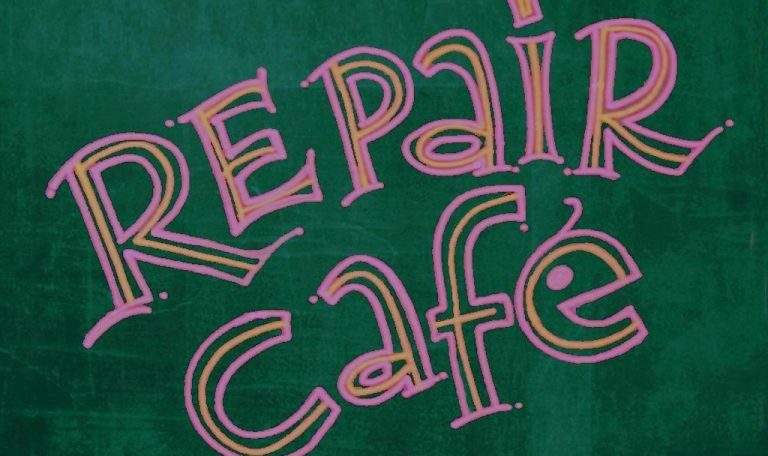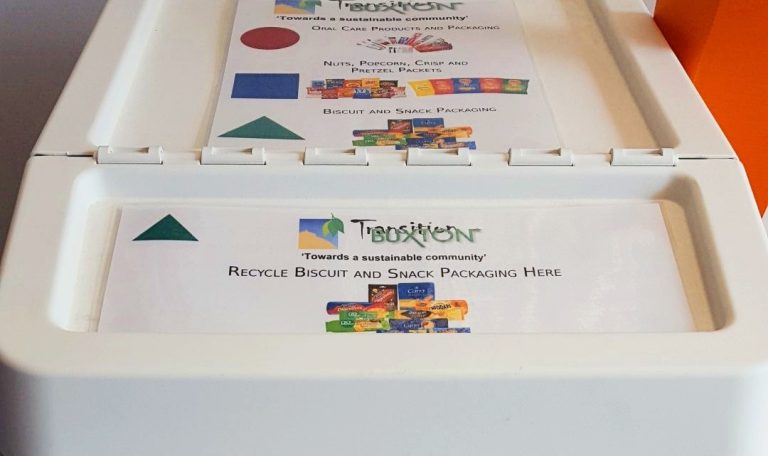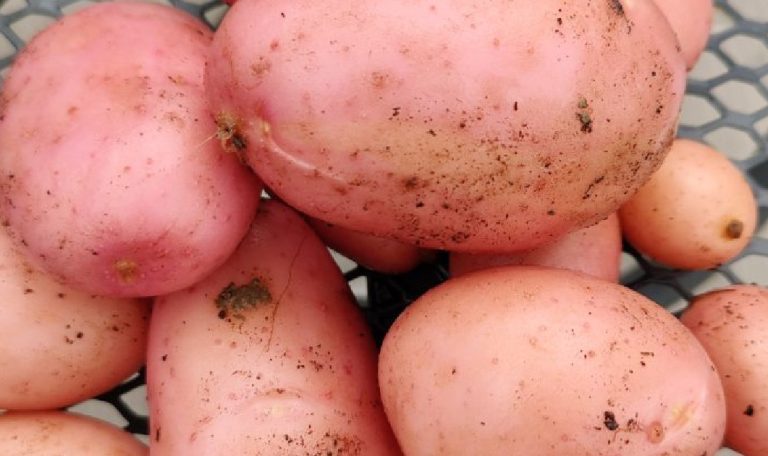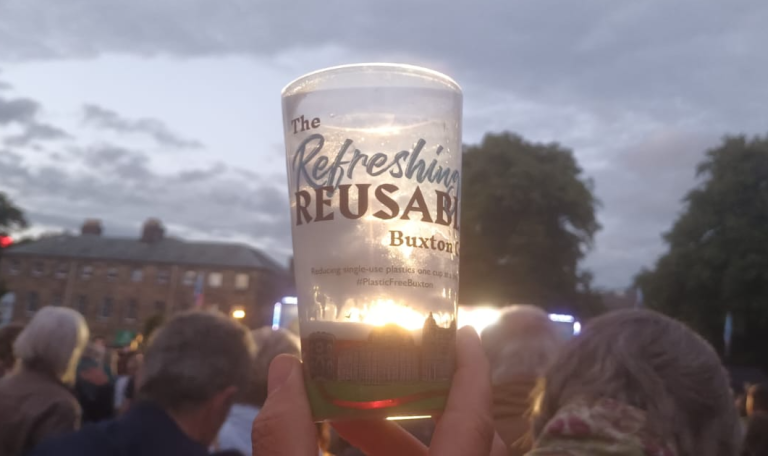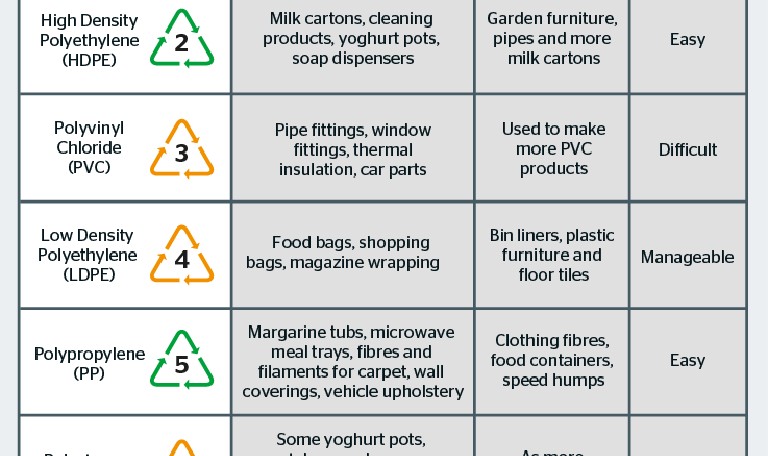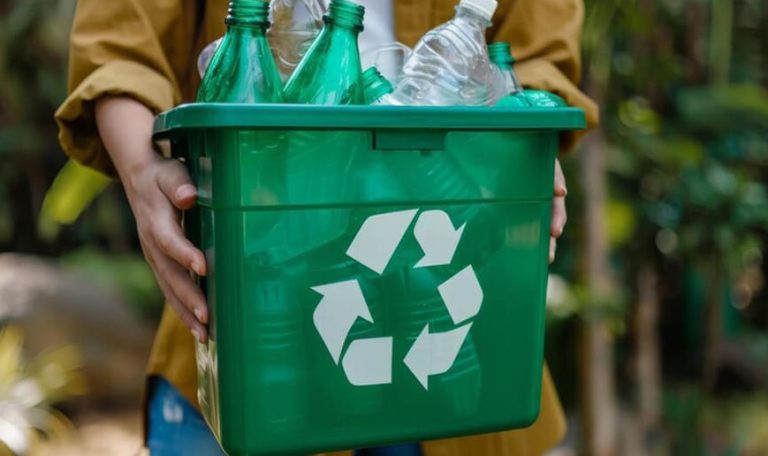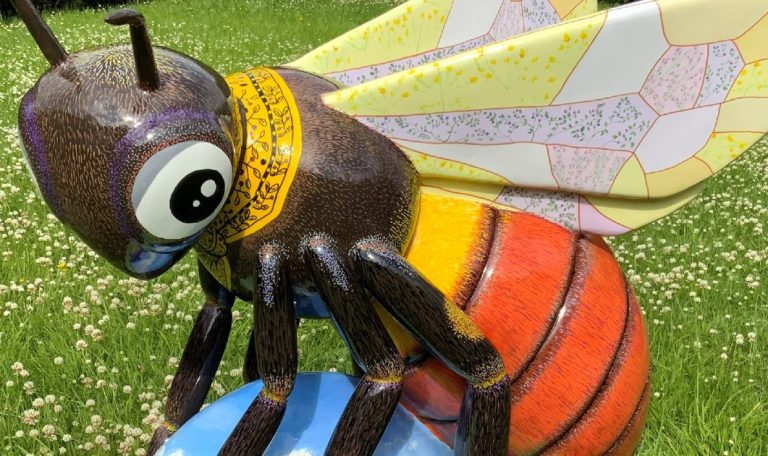
It’s not immediately obvious how fashion impacts our forests—or at least not as clear as the effects of, say, agriculture—which makes it easy for brands and organisations to hide behind opaque supply chains and greenwashing.
But the reality is that many of the raw materials we rely on in fashion come from plants or their pulps, meaning that fashion and forests are intrinsically linked.
Materials such as viscose, Lyocell, and natural rubber are derived from trees, so it’s easier to understand how they could have an impact but other kinds of material production cause deforestation, including cotton and leather, which are major drivers of land clearing for plantations and cattle grazing in forests.
‘Fast fashion’ is not sustainable and contributes hugely to landfill and pollution. Add to this the working conditions in many fashion factories where mostly women are often poorly paid, and we really do need to transform the fashion industry.

What are we doing?
- In March 2024 we hosted a sold out Alternative Catwalk event in partnership with the New Mills Fashion Activistas at the Green Man Gallery which has inspired us to do more around this serious issue.
- On 24 September ’24 we held a Clothes Swop event in a church hall in Fairfield – see photos below. If was a huge hit and we are now planning another for 20 March’25, these could become a regular seasonal thing if demand and volunteers remain.
- On 21 November ’24 we held a Clothes Swap within the Youth Climate Conference in The Octagon to encourage young people to value 2nd hand.
- Our monthly Repair Cafes include clothing and textile repairs.
- The Library of Things has sewing machines that you can borrow to experiment with some upcycling.
- Buxton is blessed with a wide range of second hand / vintage (charity) shops where you can donate clothes you no longer wear and buy pre-loved garments.










